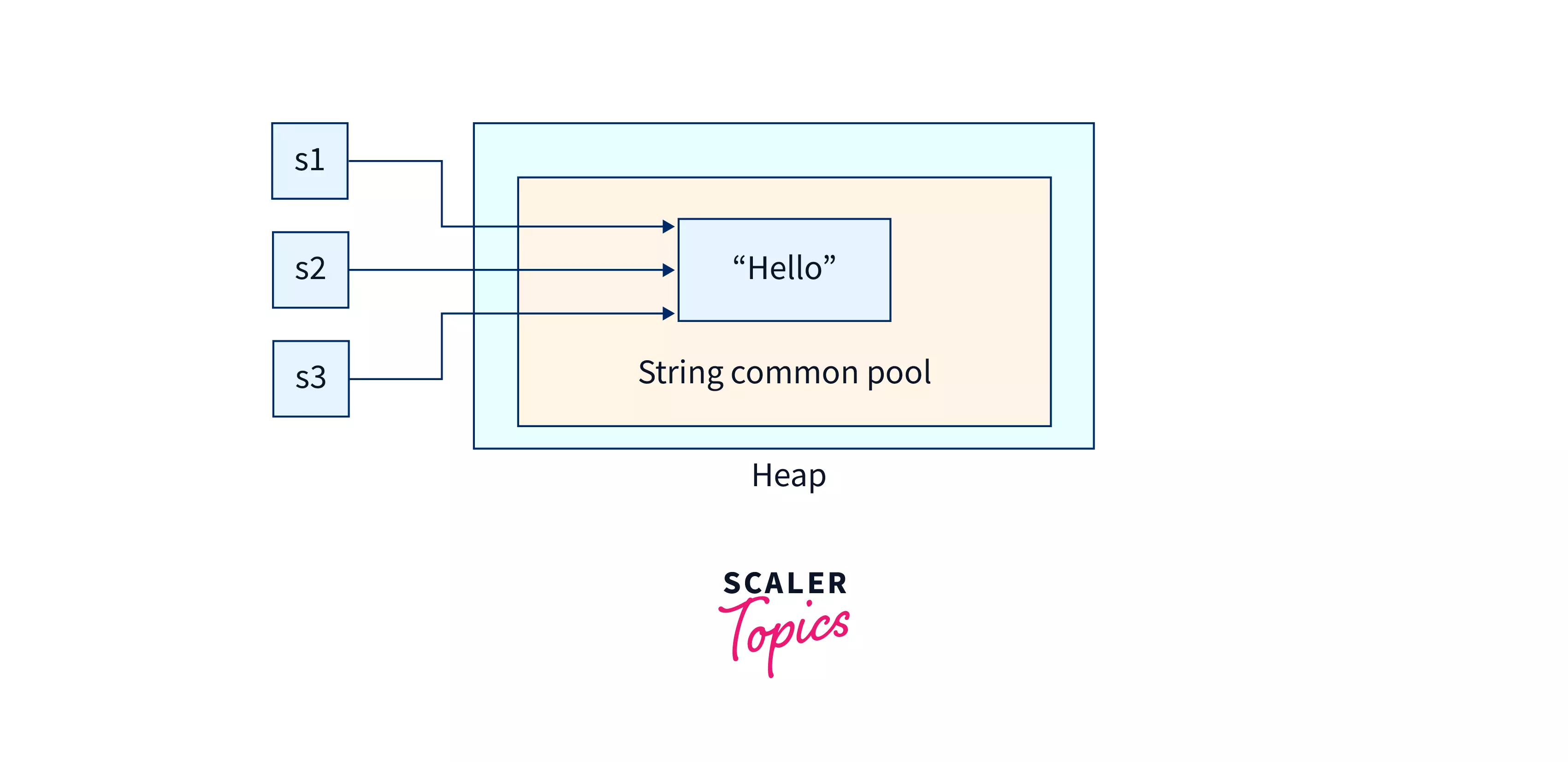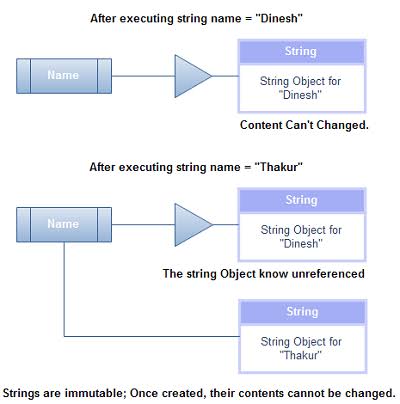Why Are Strings Immutable in Java? Comprehending the Core Concepts
Why Are Strings Immutable in Java? Comprehending the Core Concepts
Blog Article
Discovering the Benefits of Unalterable Strings in Modern Programming Paradigms
In the realm of contemporary programs paradigms, the concept of immutable strings stands as a cornerstone of durable software program advancement. The advantages they use surpass plain ease; they fundamentally modify the means information is taken care of within applications. By taking on immutable strings, developers can make sure improved data integrity, boosted string safety, streamlined debugging processes, increased security measures, and effective efficiency optimization. These benefits act as a testament to the profound effect that accepting immutability can carry the integrity and performance of software application systems.
Enhanced Information Honesty

By preventing the alteration of string objects, immutability gets rid of the danger of unintended modifications to the data they hold. This not only boosts the protection of the info but additionally improves the integrity of the code that depends on these strings.
Immutability also sustains safer multithreading environments, as simultaneous access to unalterable strings does not pose the risk of information corruption via simultaneous adjustments. This residential or commercial property simplifies the procedure of managing strings in parallel programs scenarios.
In essence, immutability serves as a protective shield around the data saved within strings, improving their honesty by guaranteeing that as soon as defined, their worths continue to be unchanged throughout the program's implementation.

Improved Thread Security
Unalterable strings boost the string security of programs by making certain that when a string things is created, its worth can not be customized. This residential property eliminates the risk of simultaneous strings attempting to change the exact same string simultaneously, which might lead to information corruption or inconsistent states in the program - Why are strings immutable in Java?. In a multi-threaded atmosphere, where numerous threads access and adjust data simultaneously, the immutability of strings provides a level of safety by guaranteeing that the data stays the same throughout its lifecycle
Streamlined Debugging Processes
Given the boosted string safety and security helped with by unalterable strings, a significant benefit develops in the realm of simplified debugging processes. Unalterable strings, once created, can not be changed, making it less complicated to map the flow of information and determine the resource of insects in a program. This immutability makes sure that strings remain regular throughout the implementation of the program, reducing the likelihood of unexpected modifications that could lead to errors.
When debugging with mutable strings, developers usually come across issues where a string's value is customized accidentally, making it testing to determine the origin cause of a bug. However, with immutable strings, the data stays unchanged, enabling designers to concentrate on analyzing the actual reasoning of the code instead than finding where and when a string was modified incorrectly.
Additionally, unalterable strings streamline the debugging process by making it possible for easier reproduction of pests. Given that immutable discover this info here strings do not transform state, developers can recreate and research insects a lot more successfully, leading to quicker identification and resolution of issues within the codebase. This structured debugging process eventually adds to greater software high quality and enhanced overall growth performance.

Raised Security Measures
Enhancing data defense and fortifying system integrity, the usage of unalterable strings in software applications adds substantially to raised security actions. Unalterable strings, as soon as created, can not be changed, giving a vital defense against destructive meddling or unauthorized access. By making certain that sensitive information saved in strings continues to be unchanged throughout the program's execution, the threat of information violations or injection assaults is significantly reduced. Why are strings immutable in Java?. Unalterable strings likewise play an important duty in protecting against typical protection vulnerabilities such as barrier overflows and SQL shot attacks, as efforts to control string information at runtime are inherently restricted.
Furthermore, the immutability of strings enhances the predictability of program actions, making it much easier to verify inputs and prevent unanticipated adjustments that might endanger safety and security. This predictability simplifies the procedure of auditing and confirming code, making it possible for designers to determine possible safety and security technicalities better. Generally, integrating unalterable strings into software development techniques not only boosts the toughness and integrity of applications however additionally strengthens their durability against protection risks.
Effective Performance Optimization
Building upon the foundation of enhanced safety measures achieved through the usage of unalterable strings, a key aspect to take into consideration in software growth is reliable efficiency optimization. When managing mutable strings, procedures like concatenation or substring creation look what i found often result in the development of new string objects, bring about memory expenses and increased handling time. However, with immutable strings, these procedures can be optimized to enhance efficiency. By enabling strings to stay stable and constant, immutable strings facilitate better memory monitoring and caching possibilities, ultimately improving the general efficiency of the software.
Since immutable strings can not be customized as soon as produced, they can be shared across strings without the risk of unforeseen modifications, reducing the need for synchronization devices and improving concurrency. Immutable strings streamline debugging procedures as designers can rely on that a string's worth will certainly stay regular throughout the program's execution, removing potential mistakes created by mutable state adjustments.
Conclusion
In verdict, the benefits of making use of unalterable strings in modern-day programming standards can not be overstated. Boosted information stability, boosted thread security, streamlined debugging procedures, boosted security steps, and reliable performance optimization all add to the total effectiveness of programs jobs. By incorporating immutable strings right into programming techniques, programmers can gain from an extra robust and reliable codebase.
Immutability, a crucial function of strings in shows languages such as Java and Python, makes sure that when a string item is developed, it can not be altered or customized.Unalterable strings enhance the string safety and security of programs by ensuring that when a string things is created, its value can not be customized. Immutable strings likewise play an essential role in stopping typical safety vulnerabilities such as buffer overflows and SQL injection strikes, as attempts to control string data at runtime are inherently limited.
By permitting strings to stay constant and stable, unalterable strings assist in far better memory monitoring and caching opportunities, inevitably enhancing the total performance of the software application.
Unalterable strings simplify debugging procedures as developers can rely on that a you could try here string's worth will stay regular throughout the program's execution, eliminating potential mistakes caused by mutable state changes.
Report this page